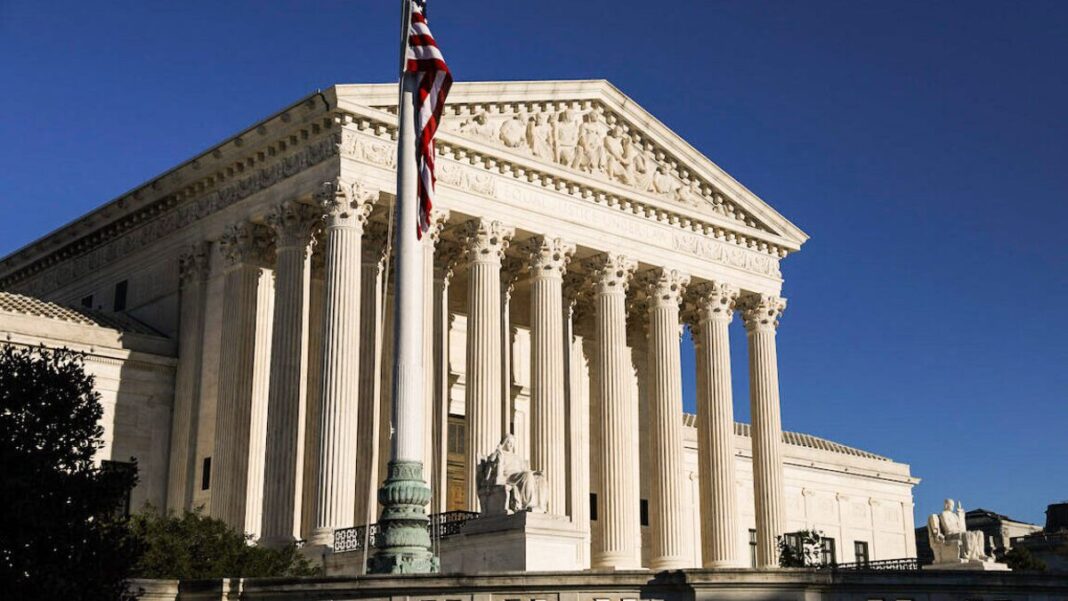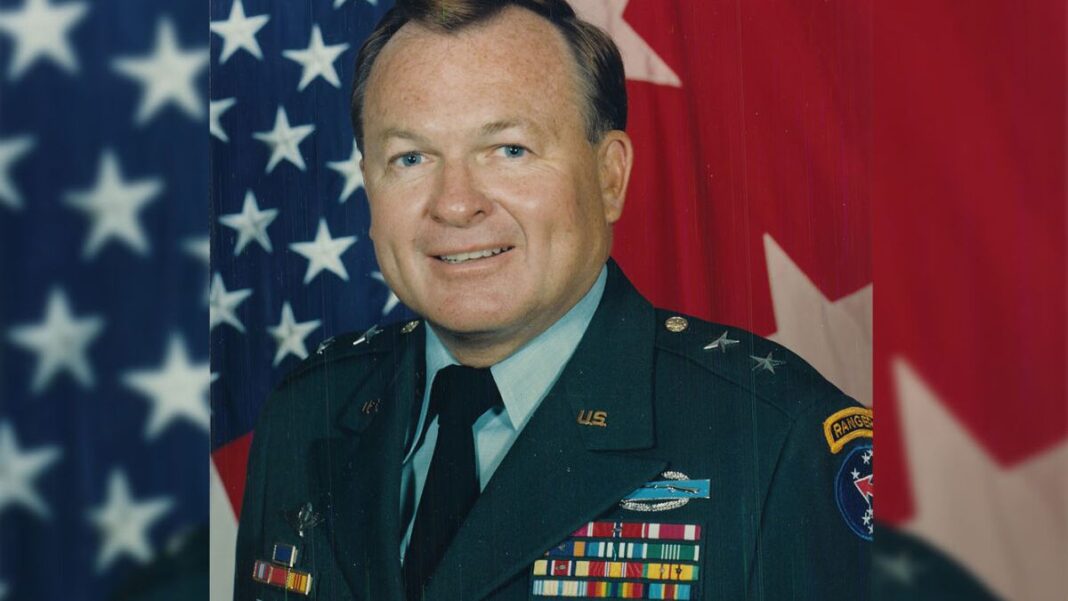The Supreme Court ruled in favor of a criminal defendant, voting 7–2 to curb a federal law that mandates significantly enhanced penalties for crimes involving a firearm.
The June 21 decision came as gun control legislation moved forward in Congress following a series of highly publicized mass shootings. At the same time, Americans are awaiting the high court’s ruling in another gun-related case that challenges New York State’s tough concealed-carry gun permitting system.
In the case at hand, Justin Eugene Taylor was involved in the marijuana trade in Richmond, Virginia. On Aug. 14, 2003, he offered to obtain the drug for a distributor but instead tried to rob the man. The victim resisted and Taylor’s accomplice fatally shot him. Federal prosecutors charged Taylor under 18 U.S.C. 924(c), which punishes anyone who “uses or carries a firearm” “during and in relation to any crime of violence,” or who possesses a firearm “in furtherance of any such crime,” according to court documents.
A “crime of violence” is defined as a crime that has “as an element the use, attempted use, or threatened use of physical force against the person or property of another.” A conviction carries a minimum five-year prison sentence.
Prosecutors predicated the 924(c) charge on Taylor’s commission of attempted Hobbs Act robbery. The Hobbs Act punishes robbery or extortion that has an effect on interstate commerce. Prosecutors cut a deal with Taylor. He agreed to plead guilty to the charge and to conspiracy to commit Hobbs Act robbery. Taylor acknowledged that the attempted robbery was a “crime of violence” under the residual clause of 924(c). The residual clause provides that “a crime of violence can also include any felony that, ‘by its nature,’ entails ‘a substantial risk’ of physical force.”
A federal district court accepted Taylor’s guilty plea to one count under 924(c) and one count under the Hobbs Act, sentencing him to 30 years, a decade more than he could have received for his Hobbs Act conviction alone. The U.S. Court of Appeals for the 4th Circuit rejected his appeal in 2011.








